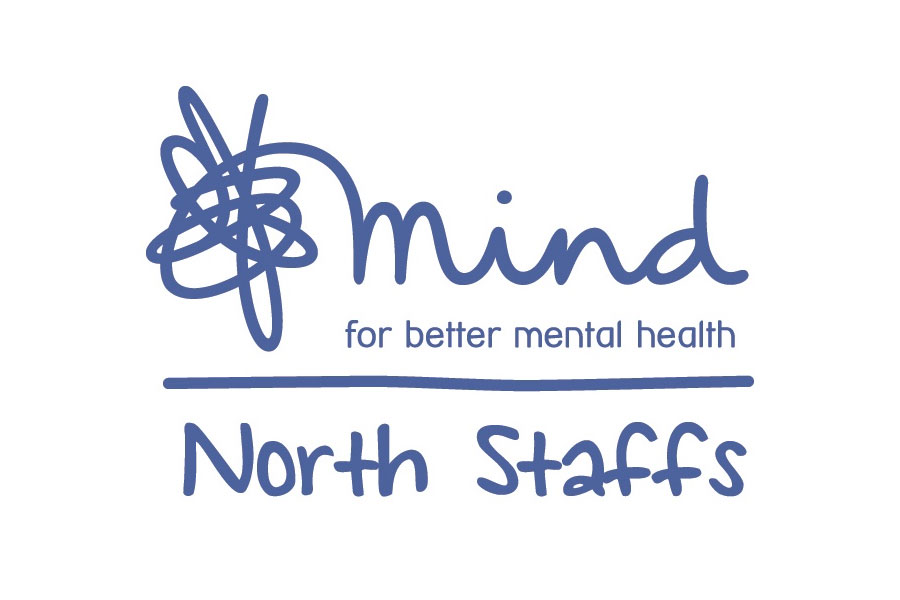The message comes as more research into workplace well being is commissioned across the UK.
Helping employees with workplace mental health and well being is definitely a hot topic in the UK right now. But where we have concentrated before on getting people back to work following an absence, this directive is aimed at reducing employee sickness by boosting productivity to retain employees and stop absences occurring.
Toxic workplaces are now in the spotlight. As people come forward to say that the culture and management styles in some workplaces are not conducive to a good working environment. This seems to be a big catalyst in many people leaving the workplace.
But where do you need to step in? And who do we train to make sure that our best talent is nurtured?
How do I reduce absences?
Poor workplace mental health and well being looks different on everyone, so it’s important to equip your managers with the right tools to be able to spot when someone is struggling.
Being able to have those difficult conversations about why someone might continuously be late for work, offering an ear and acknowledging that you hear and understand goes a long way in those early conversations.
Instead of penalising someone for their lateness, ask them whether anything is going on at home . There could be many reasons why they haven’t made it to work on time. Has there been a breakdown of a relationship? A death in the family? Or is there something else which is impacting on their time management and their ability to focus at work?
Instead of calling an employee in to your office to give them a verbal warning, why not take time to understand goes a why they may be struggling? Putting your employees mental health and wellness at work is key to retaining top talent.
A shocking 2/3 of participants in a ‘well being for the health at work’ report claim that work has caused, or made their mental health worse (cite). These findings and more are set to be released this week at the MAD (Make a difference) World Summit in London. Supporting mental health and wellness at work is a huge topic at the moment, and early adopters will be able to reap benefits before other businesses and industries.
So, what next?
Mental health and wellness at work isn’t just something to brush under the carpet. The continued focus from the UK government and PHE is clear. The seriousness of how the workplace affects employee mental health needs to be prioritised, irrespective of industry and size of business. It is clear that the task of reducing workforce absenteeism due to poor mental health is something that needs to be addressed. However, this should be through careful nurturing and empathy, rather than using a disciplinary system designed to drive fear around job financial worries and job losses.
Train your managers on how to handle those difficult conversations and make reasonable adjustments as you would for anyone with a physical disability. Your managers need to build trust. And the best way to help your managers is to equip them with the right tools to manage for mental health. By offering mental health training via a third party, you open up avenues for vulnerable employees to feel safe and supported.
The Safety First Way
If you are interested in mental health training you could also take a look at our previous blog post about a UK initiative around workplace wellness, or contact us to learn more about our mental health training courses and more.











